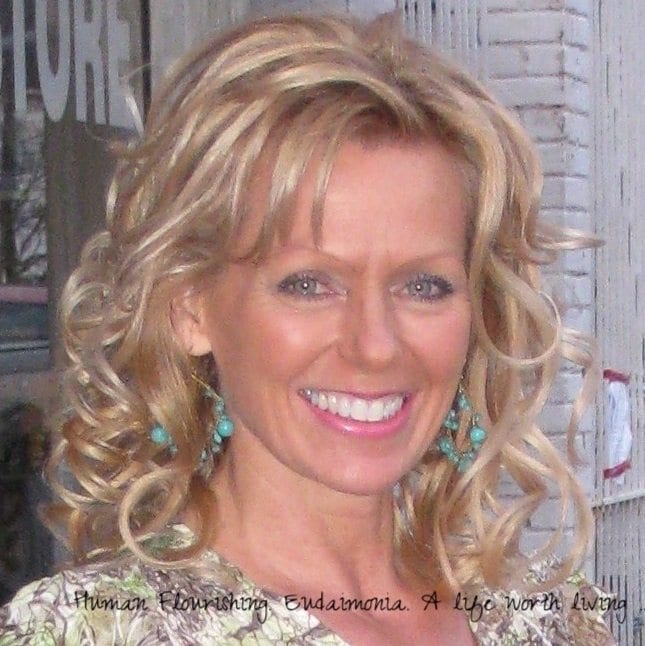How to Approach Transitions During Family Law Matters
Latrice Knighton is an award-winning divorce attorney, life coach, and speaker. She solves problems using her experience and legal knowledge to offer practical advice.
Family law matters are already challenging enough without having to worry about your own mental, physical, and emotional states.
There are many times when changes in your day to day circumstances can alter your personality, whether that be for better or for worse. Divorce can be one of many issues that arise in life. In most of these situations, we struggle with reshaping our lives to accommodate our new positions, which can lead to us to instability in our daily attitudes.
Often, we can better our approach to these scenarios with the help of professionals in the area of Psychology, who can guide us down the best paths to accepting these transitions. There are plenty of instances where working with such professionals can allow our perspectives on a certain situation to change it from a tragedy to a triumph.
I interviewed Dawn Nelson from the Center for Human Flourishing about how we can come our best selves even in the darkest of times.
What is the main focus of a Clinical Psychiatrist when assisting someone with transitions?
Our goal is to aid those who come to us by creating an environment for human flourishing, where one can become their best emotionally, mentally, and physically. We help by creating opportunities for people to adapt and help themselves through pain, grief, and loss.
Who do you believe is a good point of inspiration for individuals going through hardships affecting their day to day lives?
Viktor Frankl, a visionary in neurology and psychiatry and a Holocaust survivor himself. His book titled Man's Search for Meaning is a great start to approaching how we can adapt to view personal tragedies as triumphs.
What is your preferred approach to aiding someone navigating through these obstacles that present themselves during tragic situations?
The best way to assist someone who has gone through some sort of a negative change in their lives is to view them as a person wanting to reach a better set of circumstances. Mainly, I see my clients as individuals who want to flourish given their environment, rather than looking at them as a patient that needs a diagnosis. Most people just need direction, not a name to a problem.Also, creating an open, trusting, and mutually-respectful relationship is key to driving adaptation. We utilize this idea to empower our clients and allow them to become their own best resources by helping them know themselves.
What can someone looking to work with a professional such as yourself expect during this process?
Hard work. The best way for any mental health professional to aid those seeking help is to facilitate the changes. We cannot aid those that are not willing to be the force driving their own adaptation. Each of our clients realize that the driving factor behind change needs to come from within themselves.
What sort of individual would be the best fit for your particular approach to life transitions?
Someone who is willing to work with me and is motivated to look internally for solutions to obstacles that arise in our daily lifestyles, rather than blaming external sources. Apart from this, our client needs to be open to discussing and analyzing painful emotions and situations in order to better understand them. With this, they can learn how to evolve to better handle these transitions.
What are 3 tips you can give to those coping with difficult changes or transitions?
- The mind leads the body: Take responsibility for your own mental and physical health, and that will start the process of adapting to new scenarios.
- Don't be afraid to ask for help: Find someone that helps you see yourself for who you are and can help you look at certain situations objectively.
- Cultivate high quality relationships: When we look back on our lives 30 to 40 years down the line, it's not our money, appearance, or fame that qualifies our happiness. Rather, it is the quality of our relationships that ultimately define our happiness with how we have lived our lives.
How can interested parties contact you?
Dr. Dawn Nelson
Centre For Human Flourishing LLC, Historic Third Ward, Milwaukee, Wisconsin 53202
414-331-0952
References: Contact Page for Centre for Human Flourishing

